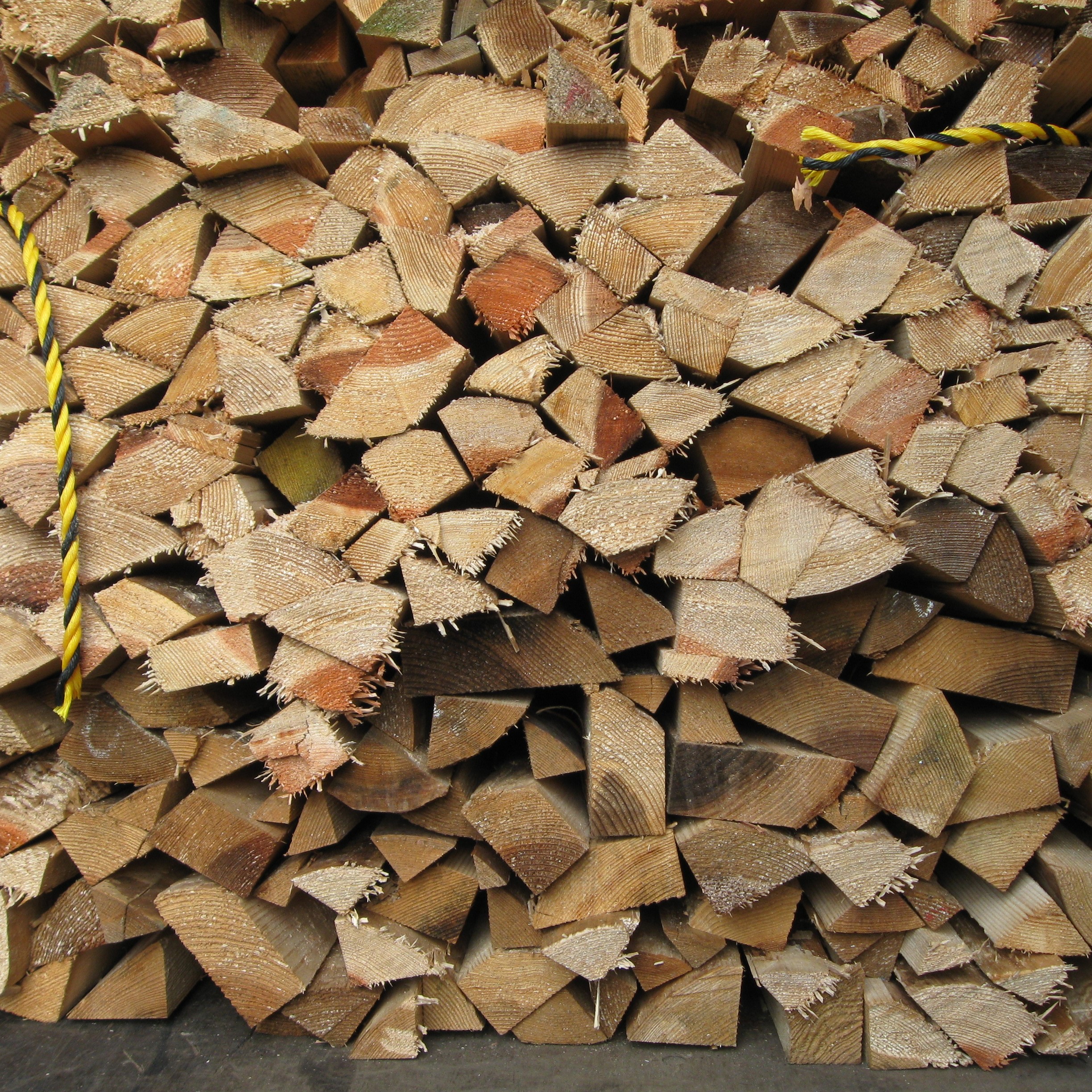
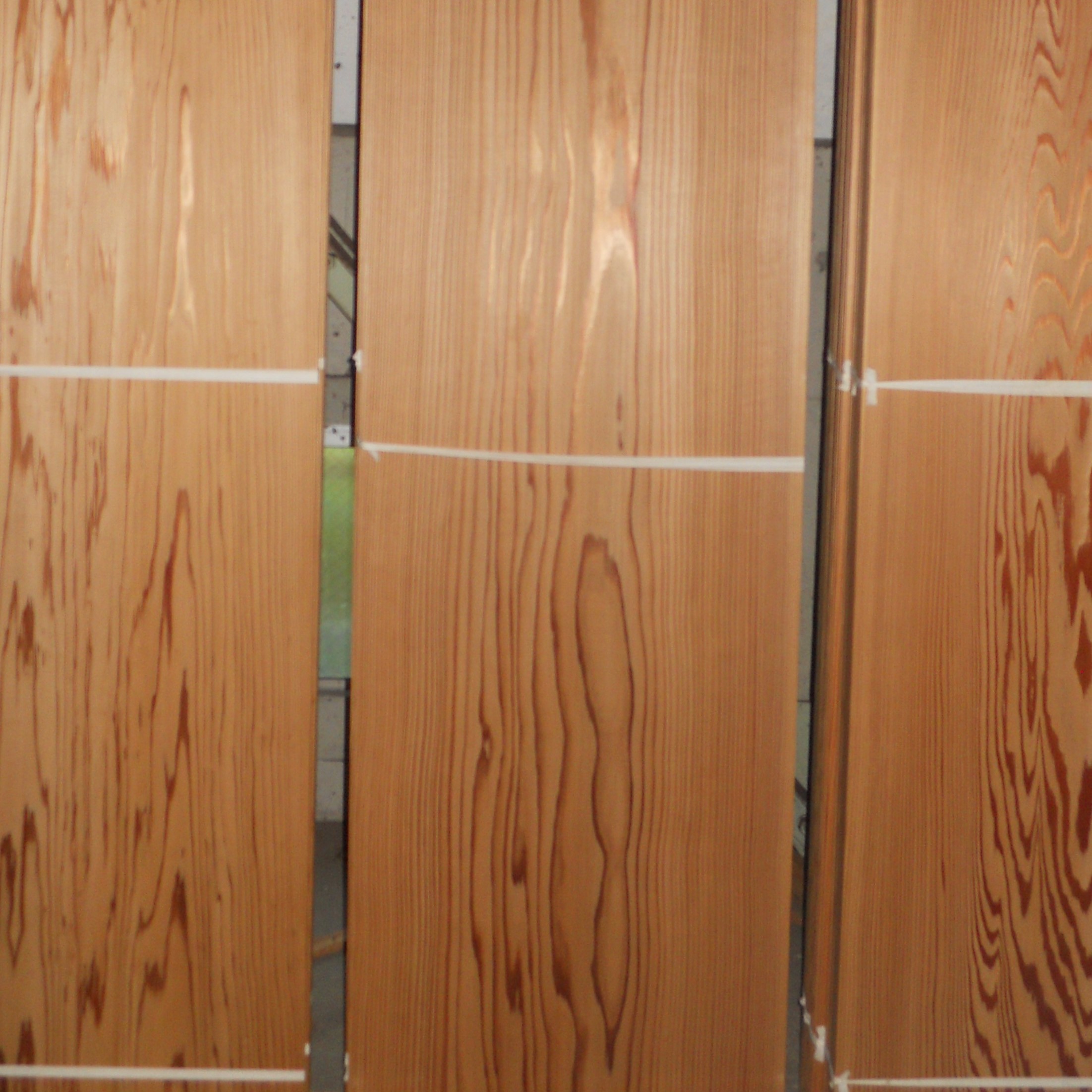
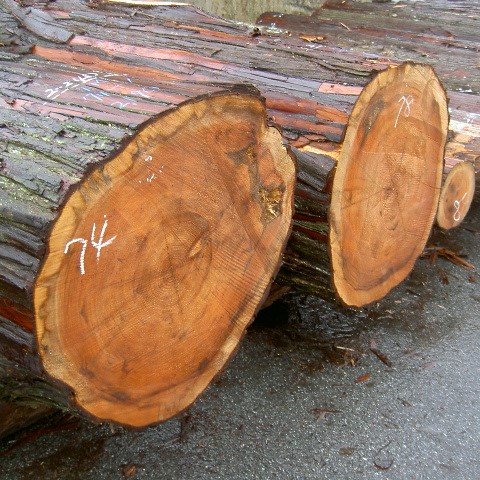
A fine Japanese wood that combines strength and beauty.
Like cypress, cedars are often planted in the precincts of shrines and temples and have been worshipped as sacred trees.
They are also highly popular overseas as a symbol of Japanese spirituality and aesthetic sense.
| Binomial name | Cryptomeria japonica |
|---|---|
| Familia | Cupressaceae, Subfamily: Taxodioideae |
| Range | Japan |
| Wood | Moderately light and soft; distinctive pleasant aroma; heartwood with moderate durability; easy to process; properties vary by region. |
| Specific Gravity | 0.38 |
| Uses | It is used in construction, ceiling panels, furniture, cookware, packaging, barrels, wooden clogs, chopsticks, boxes, shipbuilding, etc. |
We export Japanese cedar according to customer needs.
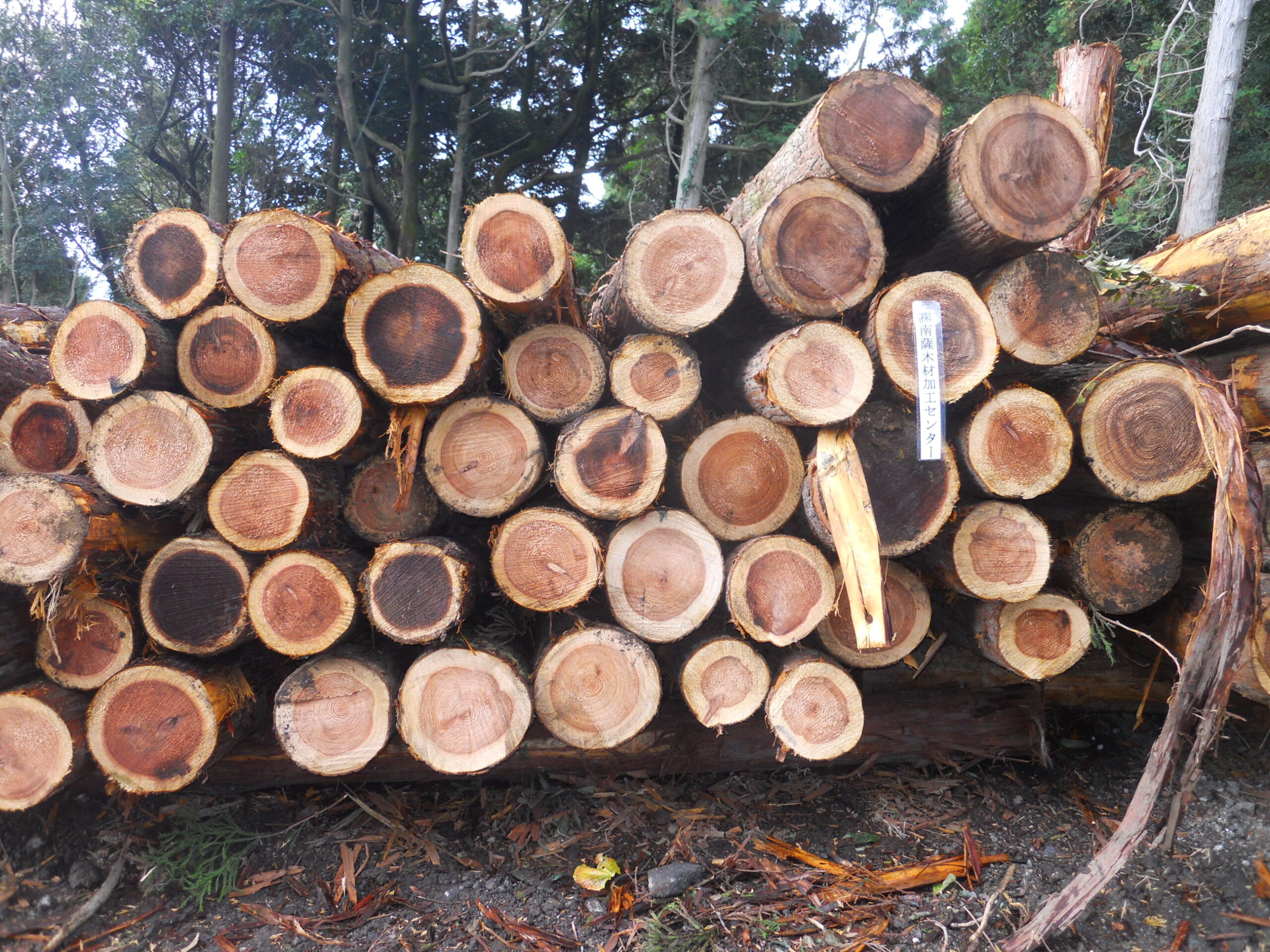
Gentle Warmth and Rich Expression
The greatest charm of Japanese cedar (sugi) lies in its soft, warm texture and beautiful grain. Influenced by the environment in which it grows, sugi reveals a wide range of expressions. Particularly, the broad, dramatic grain of flat-sawn wood brings rich patterns into a space. Its delicate pink hue deepens over time, creating a calm and serene atmosphere.
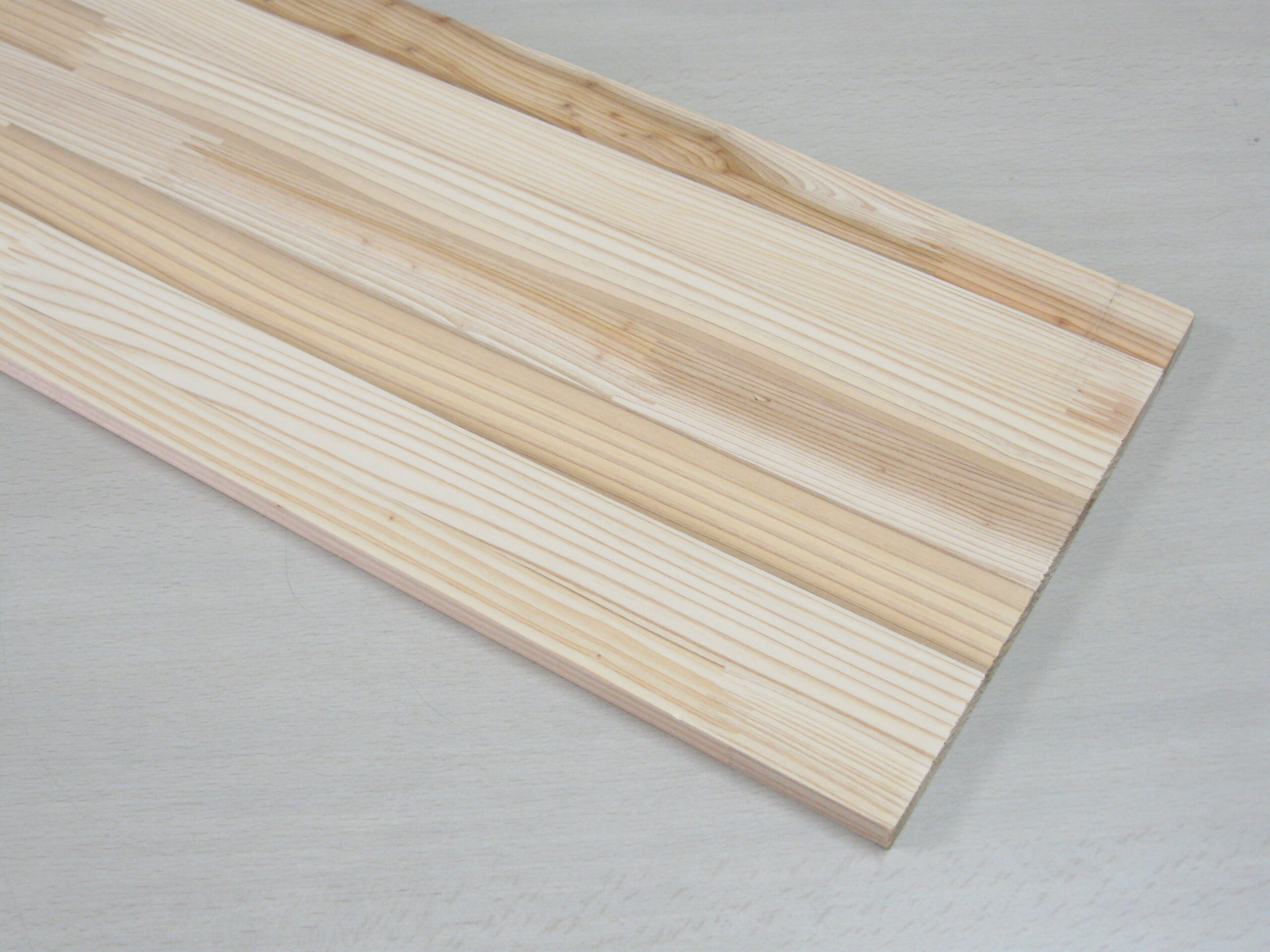
Lightweight, Easy to Work With, and Versatile
Sugi is lightweight yet strong, and extremely easy to process. Because of these qualities, it has long been used in a wide variety of applications—from structural materials to interior finishes, furniture, and household items. Its excellent workability allows for greater design freedom, helping turn creative ideas into reality.
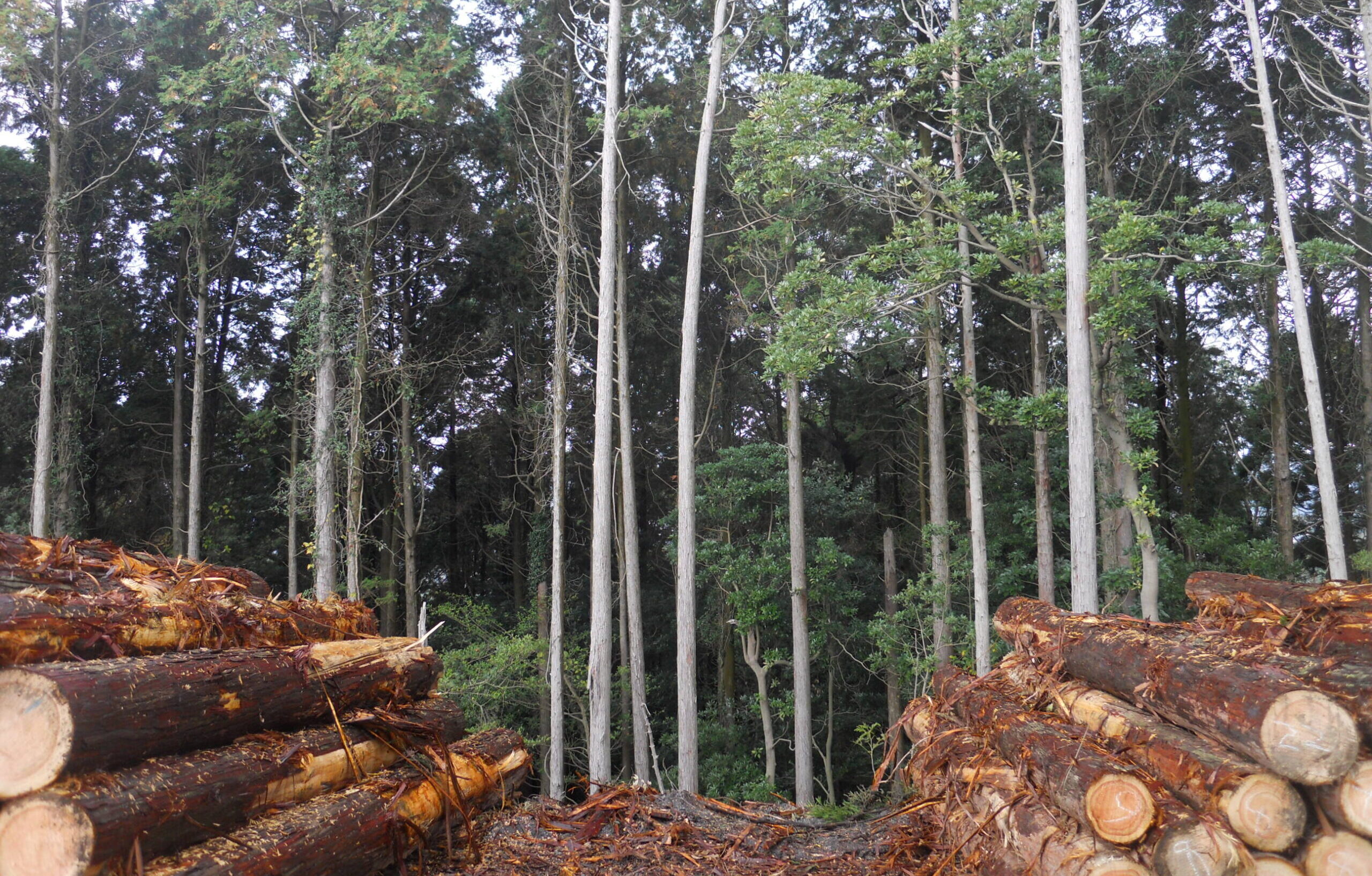
Environmentally Friendly and Sustainable Resource
Covering about 70% of Japan’s forests, sugi is a sustainable resource that offers eco-friendly building material. When properly managed and replanted, it helps absorb CO₂ and contributes to the fight against global warming. As a result, sugi is a highly valuable option in today’s environmentally conscious architecture.


